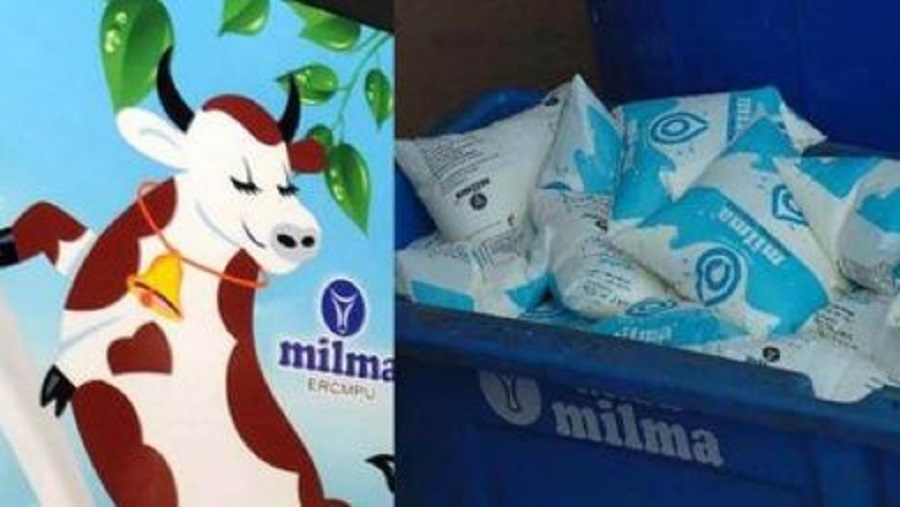KOCHI:
Japan has lifted inspection order for Indian Black Tiger shrimps (Penaeus monodon) after the export consignments of this shrimp were found free from any residue of synthetic anti-bacterial drug furazolidone.
This has been conveyed by Food Inspection and Safety Division of Japan’s Ministry of Health, Labour and Welfare (MHLW) to the Embassy of India in Japan, Export Inspection Council of India and the Marine Products Export Development Authority (MPEDA).
The MHLW has also reduced import inspection sampling frequency for Black Tiger shrimp to 30 per cent from the current 100 percent. Order related with furazolidone was implemented in accordance with Section 3, Article 26 of the Food Sanitation Act of Japan. Black Tiger shrimp, commonly known as the giant tiger prawn or Asian Tiger shrimp, is a popular seafood delicacy the world over and also forms an important segment of India’s marine products export basket. Japan consumes nearly 40% of India’s Black Tiger shrimp exports, while it enjoys niche markets in EU and USA also.
The MHLW, in a March 25 communication to its chiefs of Quarantine Station, has also conveyed that due to lift of Inspection Order related with furazolidone on Indian cultured Black Tiger shrimp, the frequency of monitoring inspection will be revised to 30% based on Imported Foods Monitoring and Guidance Plan FY2019 and it is added to Schedule-2 of monitoring notification. A 2 –member expert team had surveyed the Black Tiger shrimp hatcheries, and farms, and processing units that export the variety during 2-6 March 2020 ahead of this order.
Welcoming the lifting of inspection order by Japan, K S Srinivas, Chairman, MPEDA said it is a validation of the relentless efforts undertaken by MPEDA in raising the request at various platforms and through its Trade promotion Office in Tokyo. He added that MPEDA through its field offices and society named National Centre for Sustainable Aquaculture, had been constantly educating the farmers on Better Management Practices (BMPs) and the ill-effects on usage of unknown inputs which may contain residues of antimicrobial substances like furazolidone.
Srinivas said the MPEDA has also been making sustained efforts to revive the production of Black Tiger shrimps by supplying high health seeds of the variety from its new Multispecies Aquaculture Complex (MAC) at Vallarpadam in Kochi. The seeds supplied by MAC have shown a rapidly growing interest among the farmers to raise the disease-free variety, he pointed out. The present decision by Japan will give an impetus to the farming and export of Black Tiger variety which has been shadowed by the mass production of exotic vannamei variety during the last 10 years.
Srinivas has also mentioned about the recently launched antibiotic-free certification system, called Shaphari, which guarantees quality shrimp post larvae (PL) and authenticates their quality in the competitive international market. It is an end-to-end solution that enables MPEDA to audit the post larvae shrimps offered by hatcheries across the country.”
He said the rigorous certification would enable aqua farmers to freely validate online that the post larvae shrimp offered by hatcheries across the country are antibiotic-free. The entire process has been designed to guarantee the cent per cent healthy products so as to boost marine products exports as well.




